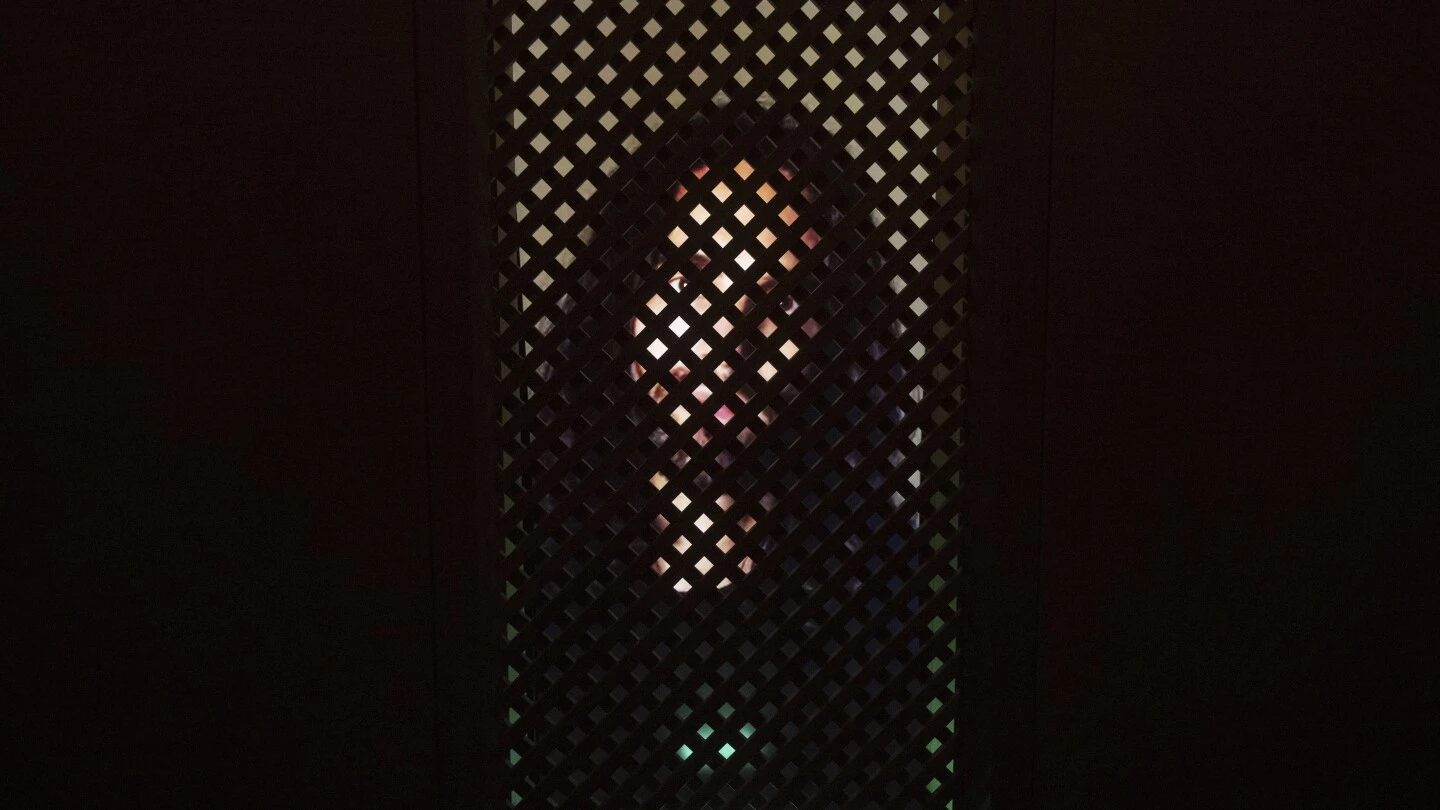
An innovative art installation in Lucerne, Switzerland, featured an AI Jesus avatar that engaged visitors in discussions about faith and morality. This project, named Deus in Machina, allowed participants to ask questions and receive responses based on Scripture, exploring the intersection of artificial intelligence and spirituality. The experiment aimed to assess the growing role of AI in religious contexts and the limits of human trust in technology.
The installation attracted a diverse audience, with nearly 900 conversations recorded over two months. Participants, including Christians and individuals from various faiths, found the experience thought-provoking and emotionally impactful. The project utilized advanced AI technologies, including GPT-4o by OpenAI, to facilitate meaningful dialogues about complex topics such as love, suffering, and the existence of God.
• AI Jesus avatar engaged visitors in discussions about faith and morality.
• The project utilized GPT-4o and Whisper for generating responses.
Generative AI refers to algorithms that can create content, such as text or images, based on input data.
NLP is a field of AI focused on the interaction between computers and human language, enabling understanding and generation of text.
A chatbot is an AI application designed to simulate conversation with users, often used for customer service or information retrieval.
OpenAI is an AI research organization known for developing advanced models like GPT-4o, which powers the AI Jesus avatar.
Heygen specializes in AI video generation technology, which was used to create the visual and vocal aspects of the AI Jesus.
New York Post 8month
Isomorphic Labs, the AI drug discovery platform that was spun out of Google's DeepMind in 2021, has raised external capital for the first time. The $600
How to level up your teaching with AI. Discover how to use clones and GPTs in your classroom—personalized AI teaching is the future.
Trump's Third Term? AI already knows how this can be done. A study shows how OpenAI, Grok, DeepSeek & Google outline ways to dismantle U.S. democracy.
Sam Altman today revealed that OpenAI will release an open weight artificial intelligence model in the coming months. "We are excited to release a powerful new open-weight language model with reasoning in the coming months," Altman wrote on X.
